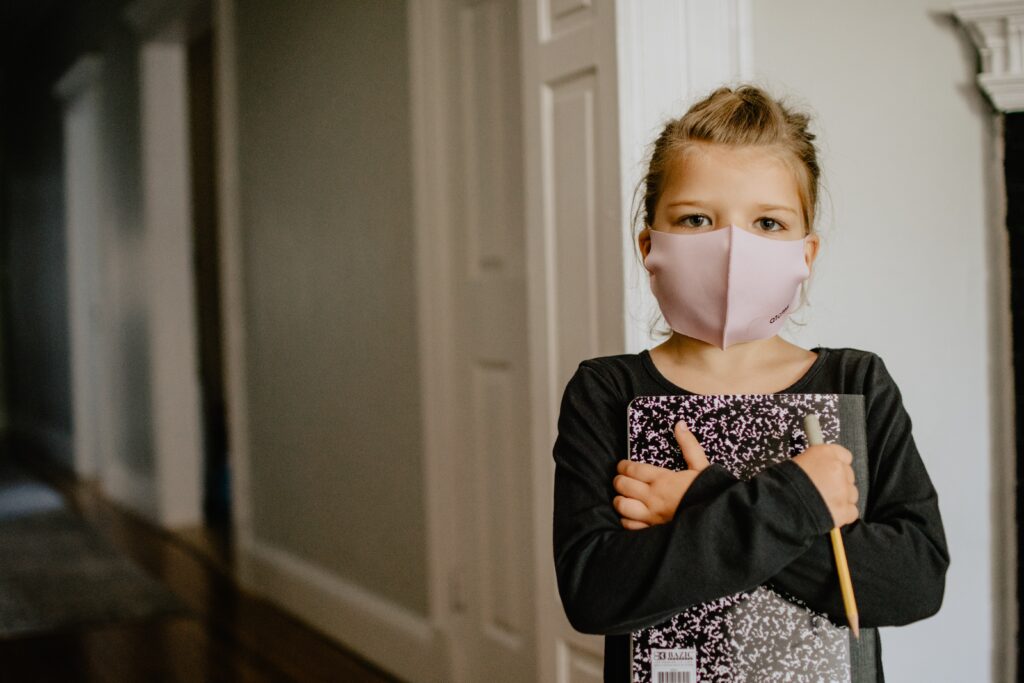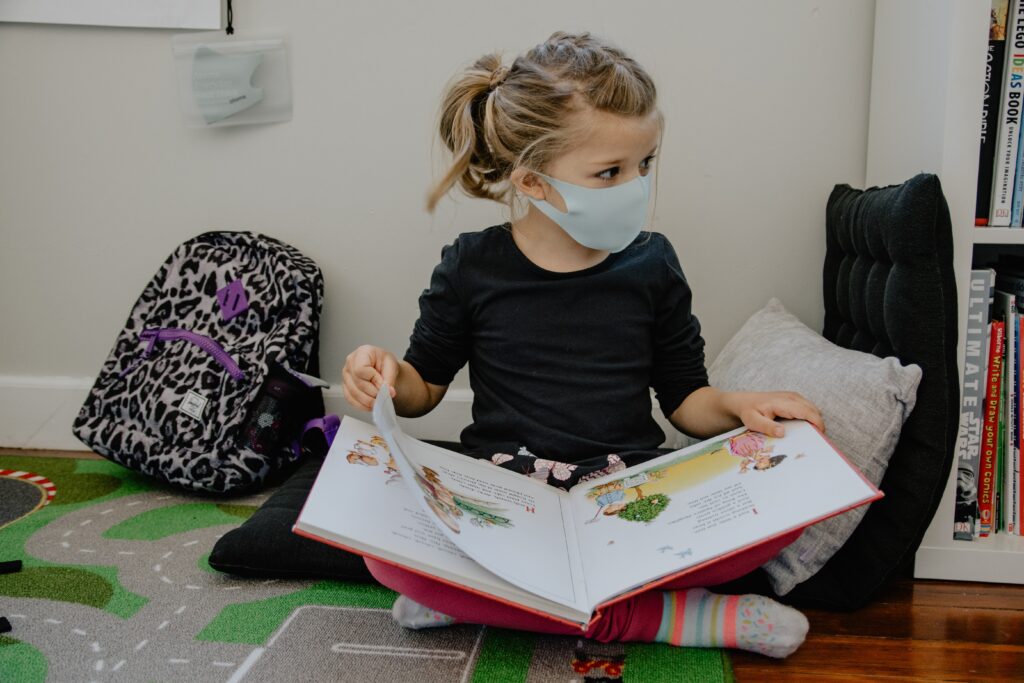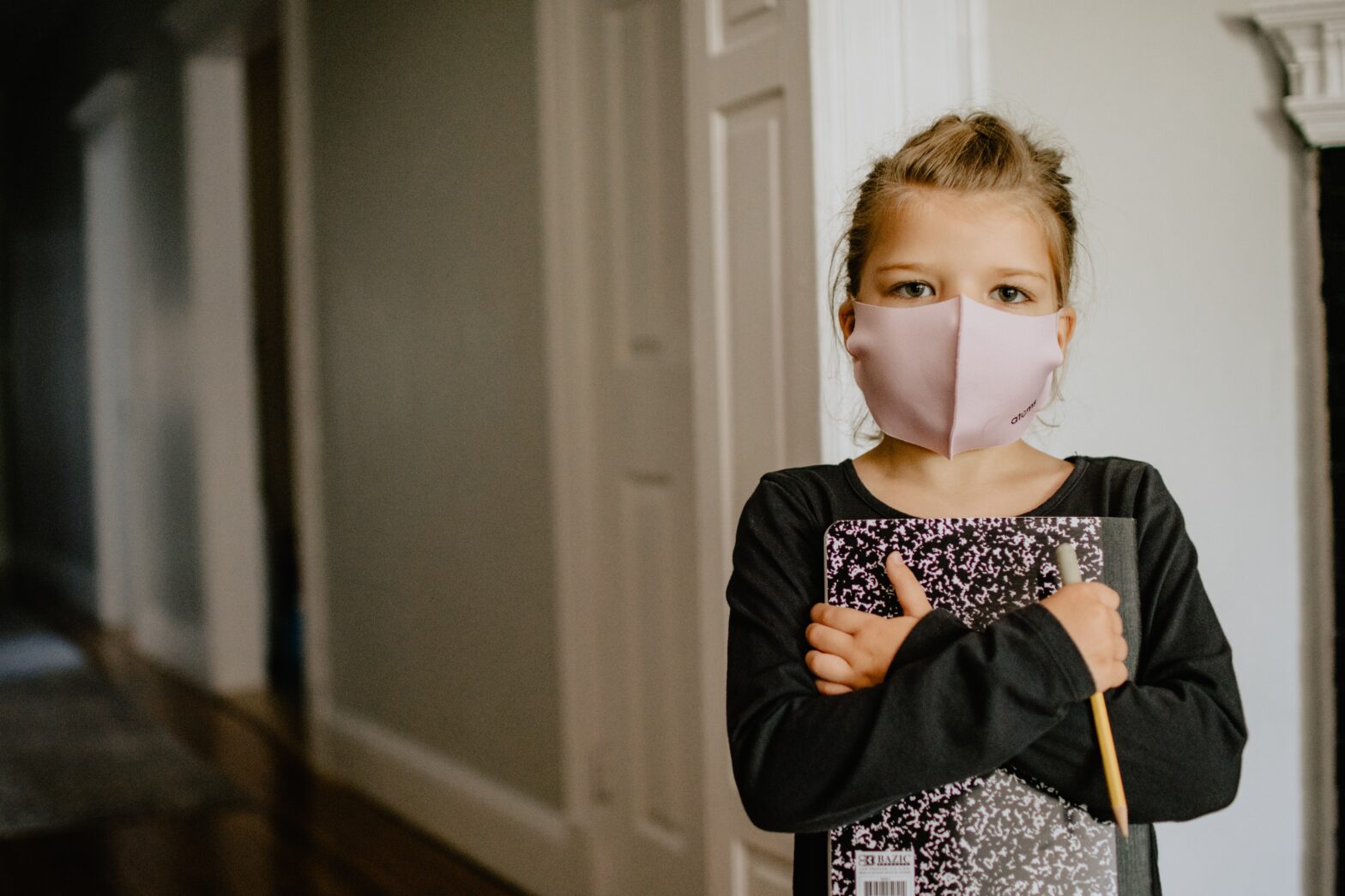The Centers for Disease Control and Prevention (CDC) is anticipated to publish updated guidelines regarding the use of N95 masks in hospital settings. This has sparked concerns among healthcare workers, who worry that the new guidance may decrease protection against COVID-19 and other airborne pathogens. The preliminary guidance proposes that N95 masks are equivalent to surgical masks in certain situations. However, healthcare professionals argue that N95 masks, along with proper ventilation and air-purifying technology, are crucial in reducing the transmission rates of COVID-19 within hospitals. They counter the draft guidance by pointing out previous studies that have found N95 masks to be more effective at protecting against the virus compared to surgical masks. Furthermore, occupational safety agencies have disagreed with the draft guidance, emphasizing the disparity in protection between N95 and surgical masks. Researchers and experts have also criticized the CDC advisory committee’s categorization of airborne pathogens, stating that it contradicts biological evidence. Stakeholders express concerns about the potential consequences of scaling back on the use of N95 masks, including possible shortages and increased vulnerability for healthcare workers. They urge the committee to reconsider its findings before finalizing the guidelines.
CDC New Guidelines on N95 Masks in Hospitals
The Centers for Disease Control and Prevention (CDC) is expected to release new guidelines on N95 masks in hospitals, which has sparked significant discussion and concern among healthcare workers. The draft guidance suggests that N95 masks are equivalent to surgical masks in certain settings, a notion that has raised eyebrows and led to calls for a reconsideration of these guidelines.

Draft Guidance Suggesting Equivalence
The forthcoming CDC guidelines propose an equivalency between N95 masks and surgical masks in specific conditions within hospital settings. This suggestion has generated much debate and scrutiny from healthcare professionals who argue that N95 masks provide superior protection against COVID-19 and other airborne pathogens. The potential implications of this new guidance have caused heightened apprehension within the healthcare community.
Postponement of Vote on Changes
Recognizing the significance and potential consequences of the proposed guidelines, the CDC advisory committee has decided to postpone the vote on these changes. Originally scheduled for a vote earlier, the expected voting date has been rescheduled to November. This delay allows for further examination of the draft guidance and additional input from experts in the field.

Health Care Workers’ Concerns
One of the primary concerns raised by health care workers is the reduced level of protection against COVID-19 that may result from the suggested equivalency between N95 and surgical masks. These frontline workers argue that N95 masks offer a higher filtration efficiency and a better seal, making them more effective in preventing transmission of the virus. The potential consequences of this reduced protection are alarming, as it puts healthcare workers at increased risk and jeopardizes patient safety within healthcare facilities.
Additionally, there are concerns about the handling of airborne pathogens in hospital environments. N95 masks are specifically designed to filter out tiny particles, including airborne pathogens, whereas surgical masks provide a lesser level of filtration. By equating the two, there is a perceived risk of compromising the safety of healthcare workers and exacerbating the transmission rates within medical settings.
Contradictory Findings on N95 Effectiveness
The draft guidance suggesting equivalence between N95 and surgical masks contradicts previous studies that have demonstrated the effectiveness of N95 masks in preventing the spread of COVID-19. These studies have consistently highlighted the superior filtration capabilities of N95 masks compared to surgical masks, leading to increased confidence among healthcare workers in relying on N95 masks for protection.
By questioning the effectiveness of N95 masks, the draft guidance creates uncertainty and undermines the trust that healthcare workers have placed in the scientific evidence supporting the use of N95 masks. This contradiction has sparked concerns and intensified the debate surrounding the new CDC guidelines.

Disagreement from Occupational Safety Agencies
Not only have health care workers expressed their concerns, but occupational safety agencies, such as the California Division of Occupational Safety and Health (Cal/OSHA), have also voiced their disagreement with the draft guidance. These agencies highlight the distinction in protection levels provided by N95 masks compared to surgical masks.
Cal/OSHA argues that N95 masks, along with proper ventilation and air-purifying technology, play a critical role in mitigating COVID-19 transmission rates within healthcare settings. The disagreement between the draft guidance and these occupational safety agencies emphasizes the need for a thorough reevaluation of the proposed guidelines.
Criticism of Airborne Pathogens Categorization
Another significant critique directed towards the draft guidance is the categorization of airborne pathogens. Researchers and experts have questioned the committee’s classification, noting that it does not align with the existing biological evidence. By evaluating the transmission mechanisms and characteristics of various pathogens, a more accurate categorization can be achieved.
It is essential to update the categorization of airborne pathogens to ensure that the guidelines reflect the latest scientific understanding. This will help in providing healthcare workers with the appropriate safety measures and protection required to combat the ongoing pandemic effectively.
Concerns about Potential Impact
There are valid concerns about the potential impact of scaling back on the use of N95 masks within healthcare facilities. One major worry is the potential shortage of N95 masks, which could further jeopardize the safety of healthcare workers. The reliance on surgical masks alone may not offer the same level of protection, leading to increased vulnerability for frontline workers.
Additionally, the reduction in protection afforded by surgical masks could have a detrimental effect on the spread of COVID-19 in hospitals. The potential consequences include higher transmission rates among healthcare workers themselves and an increased risk of transmitting the virus to vulnerable patients. These concerns highlight the critical importance of examining the potential impact of the proposed guidelines before finalizing them.
Urge for Reconsideration by Health Care Workers
In light of the significant concerns and potential consequences raised by healthcare workers, there is a strong urge for the CDC advisory committee to reconsider the draft guidance on N95 masks in hospitals. The plea from healthcare professionals emphasizes the importance of enhancing guidelines to reflect the best available evidence and prioritize the safety of frontline workers and patients.
Collaboration and input from healthcare workers, occupational safety agencies, and experts in the field are crucial in ensuring that the final guidelines accurately address the complexities of protecting against COVID-19 and other airborne pathogens in a healthcare setting. The urgency of the situation necessitates collective efforts in refining the proposed guidelines to maintain the highest level of safety and protection for all involved.
